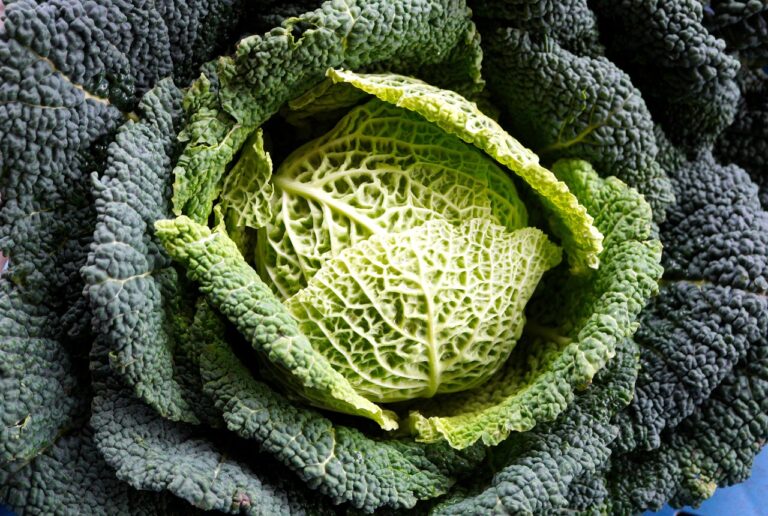Vegan and Vegetarian Trends in Grocery Retail: 11xplay reddy, Laser 247 betting, Skylivecasino
11xplay reddy, laser 247 betting, skylivecasino: Over the past few years, there has been a notable rise in the popularity of vegan and vegetarian diets. As more people become aware of the environmental and health benefits of plant-based eating, grocery retailers have had to adapt to meet the increasing demand for vegan and vegetarian products. In this article, we will explore the latest trends in grocery retail related to vegan and vegetarian offerings.
The Rise of Plant-Based Products
One of the most significant trends in grocery retail is the growing availability of plant-based products. From meat alternatives like Beyond Meat and Impossible Foods to dairy-free cheeses and plant-based milks, there is now a wide variety of vegan options available in grocery stores. These products are not only appealing to vegans and vegetarians but also to flexitarians and health-conscious consumers looking to reduce their meat consumption.
Retailers like Whole Foods and Trader Joe’s have been quick to capitalize on this trend by expanding their selection of vegan and vegetarian products. In addition, many mainstream grocery stores now have dedicated sections for plant-based foods, making it easier for shoppers to find these products.
The Importance of Labeling
With the increasing availability of vegan and vegetarian products, many consumers are paying closer attention to labels to ensure that the products they purchase align with their dietary preferences. As a result, retailers are focusing on improving labeling and packaging to make it easier for shoppers to identify vegan and vegetarian products. Labels like “plant-based,” “vegan,” and “vegetarian” are now prominently displayed on packaging, making it simpler for consumers to make informed choices.
Some retailers have also introduced plant-based logos or certifications to indicate that a product is vegan or vegetarian-friendly. These initiatives not only help shoppers quickly identify suitable products but also build trust and loyalty with consumers who value transparency in their food choices.
The Shift Towards Sustainable Packaging
In addition to the rise of plant-based products, there is also a growing emphasis on sustainable packaging within the grocery retail industry. Many consumers are becoming more conscious of the environmental impact of packaging waste and are looking for eco-friendly options when shopping for groceries. As a result, retailers are starting to prioritize sustainable packaging solutions for their vegan and vegetarian products.
Grocery stores are now offering more bulk bins and refill stations for items like grains, nuts, and dried fruits, allowing shoppers to reduce their use of single-use packaging. Additionally, retailers are exploring compostable and biodegradable packaging options for their products to further reduce their environmental footprint.
The Importance of Transparency and Ethical Sourcing
As consumers become more educated about the food they eat, there is a growing demand for transparency and ethical sourcing practices within the grocery industry. Shoppers want to know where their food comes from and how it was produced, especially when it comes to plant-based products. Retailers are responding to this trend by providing more information about the sourcing and production processes of their vegan and vegetarian offerings.
Many grocery stores now highlight local and organic products, as well as fair trade and ethically sourced ingredients. By partnering with suppliers who prioritize transparency and sustainability, retailers can appeal to conscientious consumers who want to support ethical businesses.
Expanding Vegan and Vegetarian Options in Prepared Foods
Another trend in grocery retail is the expansion of vegan and vegetarian options in prepared foods. Many shoppers are looking for convenient and healthy meal solutions, and retailers are responding by increasing the availability of ready-to-eat plant-based meals and snacks. From vegan sandwiches and salads to plant-based sushi and stir-fries, there are now more vegan and vegetarian options than ever before in the prepared foods section.
Retailers are also introducing meal kits and meal delivery services that cater to vegan and vegetarian diets. These services provide customers with the ingredients and recipes they need to create delicious plant-based meals at home, making it easier for people to adopt a vegan or vegetarian lifestyle.
The Future of Vegan and Vegetarian Trends in Grocery Retail
As the popularity of vegan and vegetarian diets continues to grow, we can expect to see even more innovation and expansion in the grocery retail sector. Retailers will likely increase their focus on plant-based products, sustainable packaging, transparency, and ethical sourcing to meet the evolving needs of consumers. By staying ahead of these trends and catering to the demands of plant-based shoppers, grocery stores can position themselves as leaders in the rapidly expanding vegan and vegetarian market.
In conclusion, the rise of vegan and vegetarian trends in grocery retail is reshaping the way we shop for food. With a greater emphasis on plant-based products, sustainable packaging, transparency, and ethical sourcing, retailers are responding to the changing preferences of consumers and positioning themselves for success in the future of food retail.
FAQs:
Q: Are vegan and vegetarian products more expensive than traditional options?
A: While some vegan and vegetarian products may be more expensive, there are also affordable options available. Shopping in bulk, buying generic brands, and purchasing fresh produce can help keep costs down.
Q: How can I ensure that a product is truly vegan or vegetarian?
A: Look for labels like “vegan,” “plant-based,” or “vegetarian” on packaging. You can also check the ingredients list to confirm that there are no animal-derived ingredients.
Q: Are vegan and vegetarian diets healthier than traditional diets?
A: Vegan and vegetarian diets can be healthy if you prioritize whole foods like fruits, vegetables, whole grains, and legumes. It’s essential to ensure you’re getting enough nutrients like protein, iron, and B12 by including a variety of plant-based foods in your diet. Consulting with a healthcare provider or nutritionist can also help ensure you’re meeting your nutritional needs.
Q: How can I find vegan and vegetarian options at my local grocery store?
A: Many grocery stores now have dedicated sections for vegan and vegetarian products. You can also ask store employees for assistance or use online resources to find vegan and vegetarian-friendly retailers in your area.







